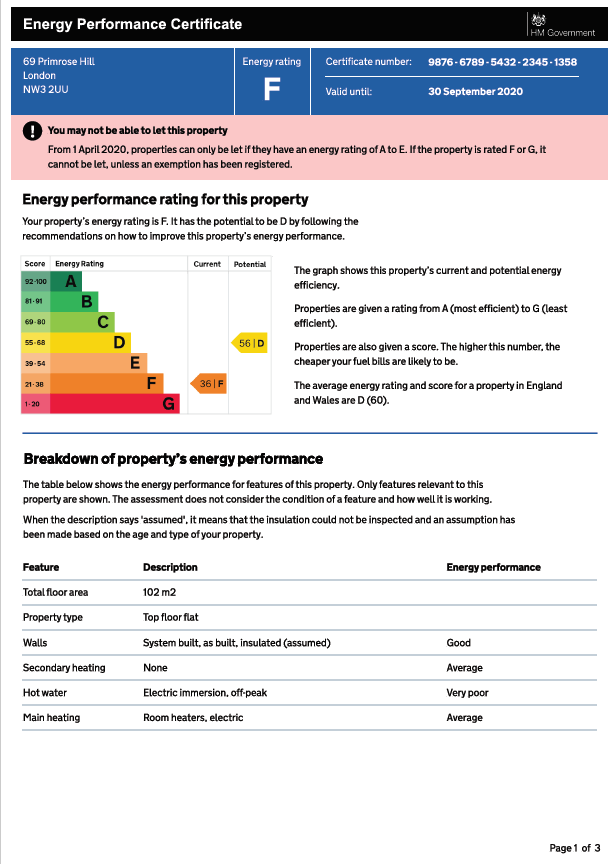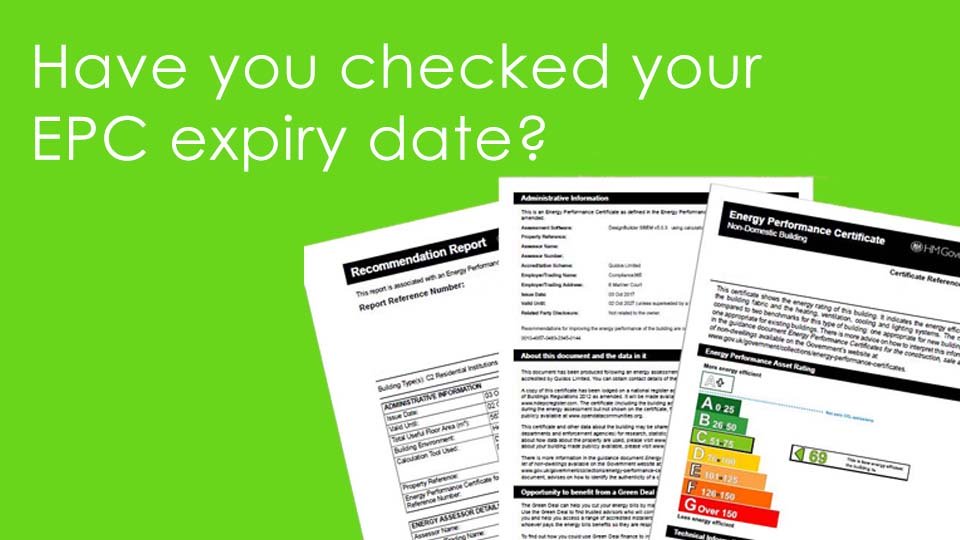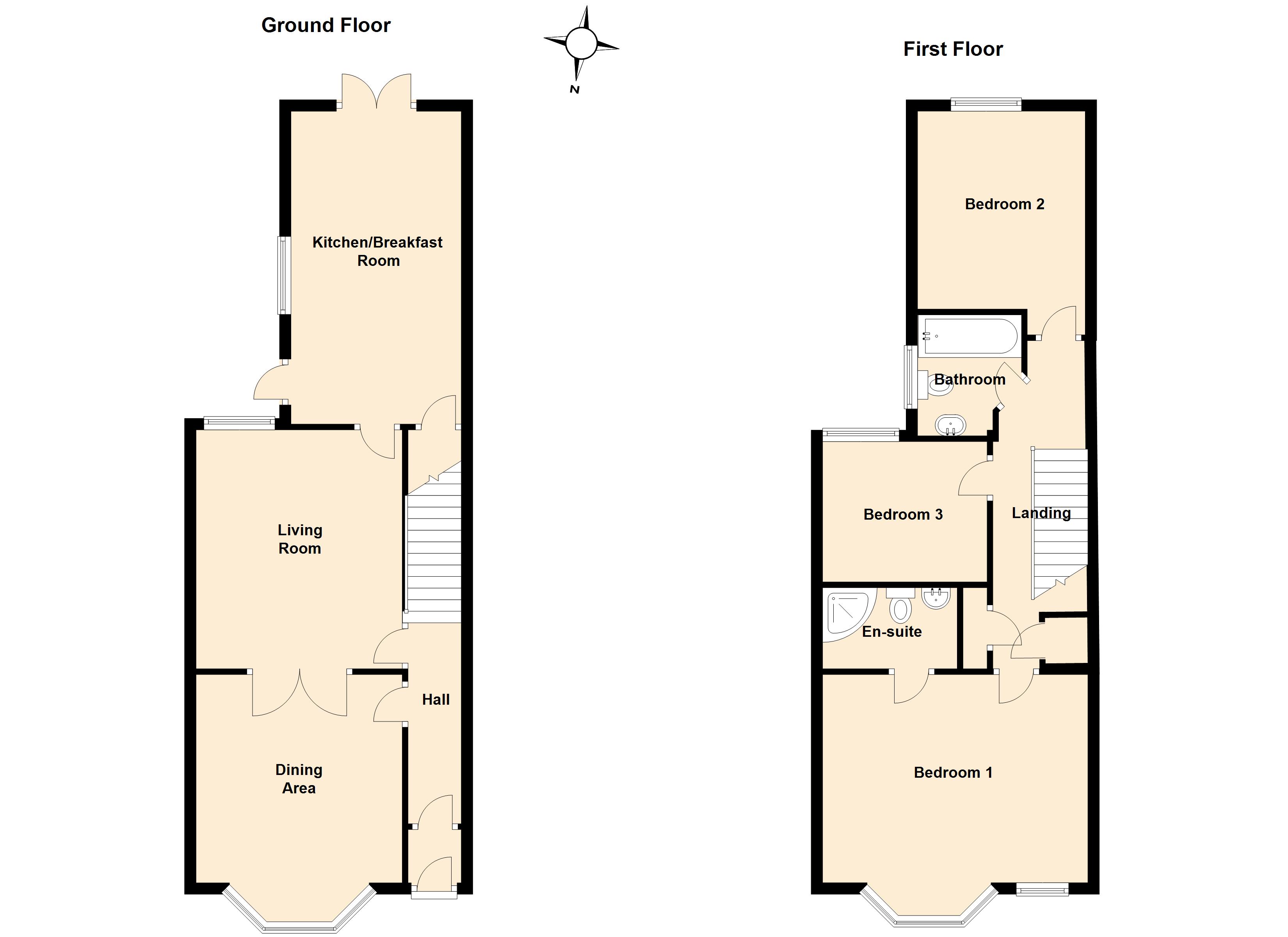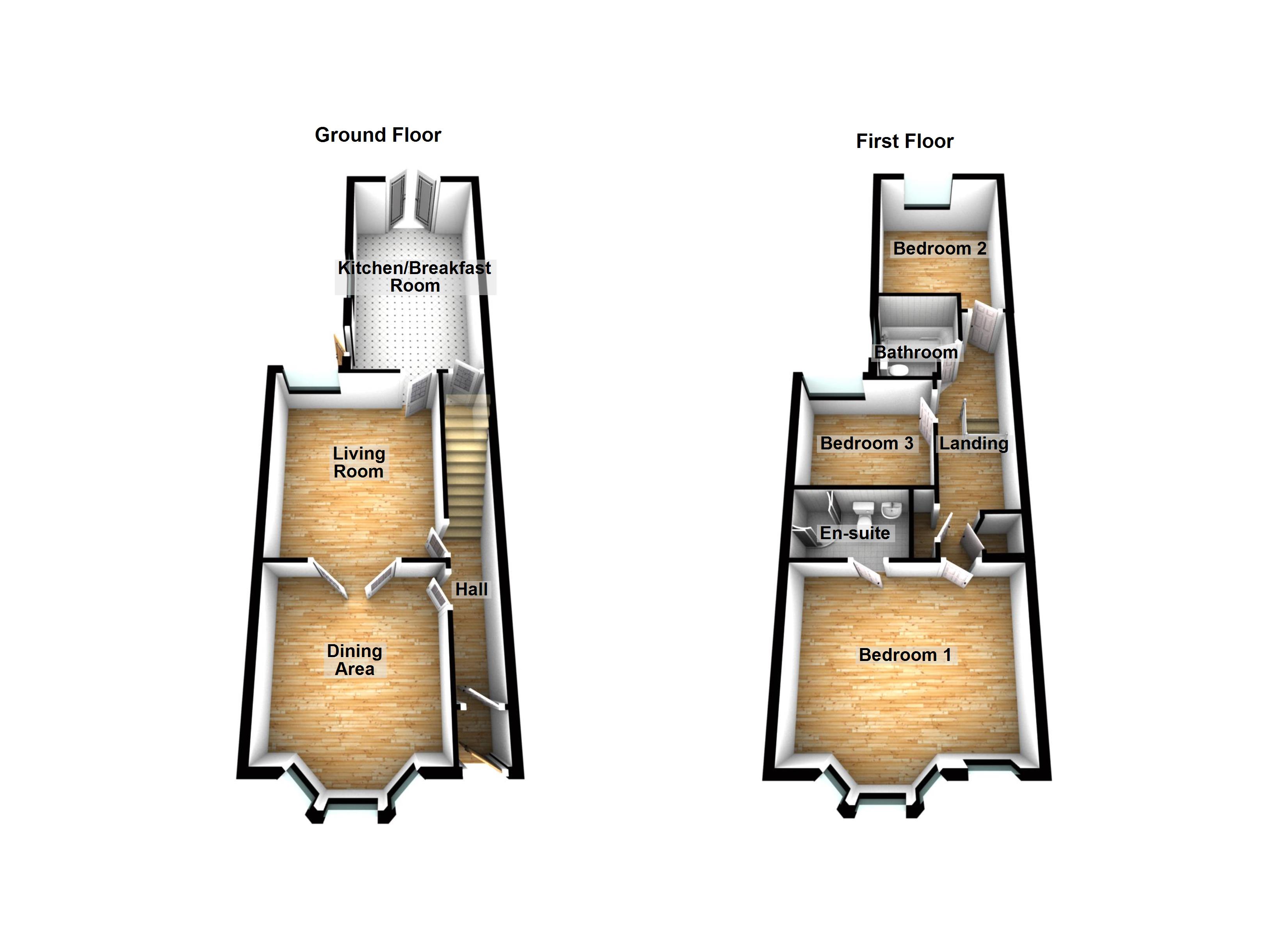What is an EPC?
An Energy Performance Certificate (EPC) measures the energy efficiency of a property on a scale of A-G.
Energy Performance Certificates were introduced in England and Wales in 2007 and are a legal requirement for a building to be sold, let or constructed. Once obtained, an EPC is valid for 10 years.
The most efficient homes - which should have the lowest fuel bills - are in band A. The Certificate also tells you, on a scale of A-G, about the impact the home has on the environment. Better-rated homes should have less impact through Carbon Dioxide (CO2) emissions.
The average property in the UK is in bands D-E for both ratings. The Certificate includes recommendations on ways to improve the home's energy efficiency to save you money and help the environment. EPCs apply also to commercial buildings and are rated only by Carbon Dioxide emission ratings on a scale of A-G.

Minimum Energy Efficiency Standards (MEES) Legislation
In April 2018 Minimum Energy Efficiency Standards introduced made it a legal requirement for all privately owned properties to have an EPC rating of at least an 'E' before they are sold or let. The legislation applies to both domestic and commercial properties, although there are some exemptions, for example if a property is a listed building.
Those who fail to make the necessary changes will be subject to the appropriate fines: up to £5,000 for domestic dwellings and up to £150,000 for non-domestic properties.

Expired Energy Performance Certificates
The Energy Performance of Buildings (England & Wales) Regulations 2012 state that an EPC is required to be commissioned before a property is marketed. In later regulations, this became known as a ‘trigger point’. This does not mean though that a new EPC is required each time the property is marketed for sale or let, as long as the EPC remains valid whilst advertising.
So, for example, the EPC is dated 1 May 2008, the most recent tenancy started 1 February 2018, at which point the EPC was still valid. It has, however, now expired. If the tenancy is going to continue beyond the expiry of the EPC with the tenant still in situ, then a new EPC is not required as the property is not being marketed for sale or for let.
Once an EPC has expired, a new one is only legally required when a new trigger point is reached i.e. before the property is next marketed for sale or for let. For clarity, a new EPC is not required simply because an EPC has expired.


INSULATION GRANTS ARE AVAILABLE TO HELP IMPROVE YOUR HOMES ENERGY EFFICIENCY FROM 2020
PLEASE CONTACT US FOR MORE INFORMATION